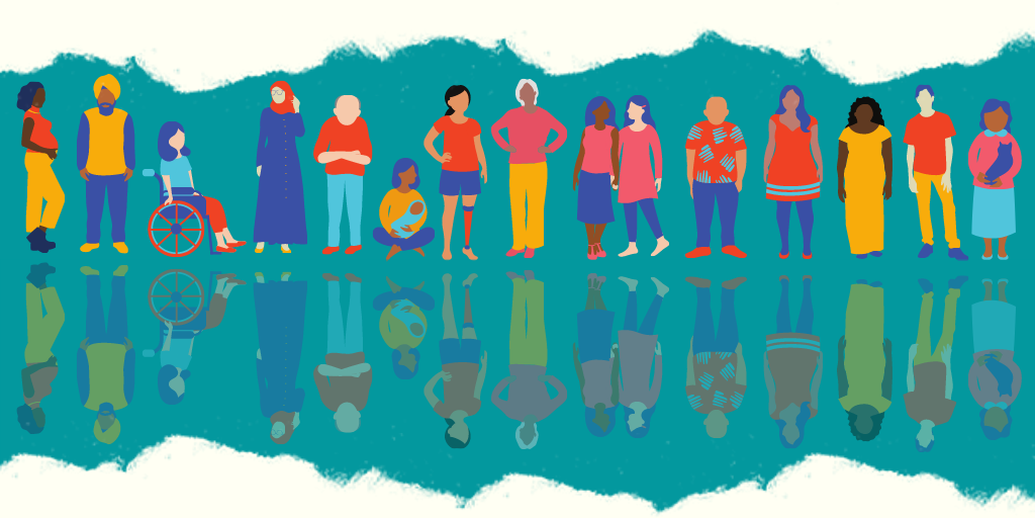|
The trend towards increased voter turnout, especially among youth and Indigenous peoples, and the growing number of women elected to legislatures is not only encouraging, it is essential. In fact, greater diversity in those voting and in representation is needed for people to see themselves reflected in our political systems and to feel heard. Being seen and heard within government is particularly important for Indigenous peoples in Saskatchewan who represent a significant part of the population, as well as for growing numbers of racialized groups and youth. Without feeling adequately represented by government, Saskatchewan voters will not believe that democracy works for them and they are less likely to be engaged in the democratic process.
We must focus on increasing the pace of better representation, on keeping young people engaged, and on reaching out to others who feel disenfranchised. While volunteering for political and advocacy groups has stalled below 2% in Saskatchewan, getting involved in addressing important issues in another domain, such as the environment, health care, or Reconciliation, can boost understanding of the democratic system and increase participation between and during elections. Younger people in particular are more likely to engage in democracy in different ways and these are pathways to greater engagement. |
We also must vigilantly safeguard democracy and encourage democratic participation, especially among Indigenous peoples. An environmental scan on human rights prepared in 2015 on behalf of a Saskatchewan MLA indicated that Aboriginal Canadians experienced more difficulty meeting voter identification requirements than the general population. The final report stated that:
Voter suppression disproportionately affects Aboriginal communities. In Saskatchewan in 2010, a number of changes were made to the identification requirements for voting eligibility requiring all Saskatchewan voters to have photo identification. This is particularly difficult for First Nations people who are less likely to have photo identification. (p. 4) In 2015, however, Elections Saskatchewan announced that a Chief or a Chief’s designate could still use a letter of authorization to verify that a person was ordinarily resident on the reserve and therefore was eligible to vote. Given declining confidence in the federal government and fluctuating satisfaction with the way democracy is working, more effort must be made to engage citizens. Increased use of social media by MPs provides inexpensive and direct two-way communication with constituents. Social media has also helped in part to increase voter turnout among youth. In addition, many governments at all levels are adopting open data policies and practices to empower citizens and increase transparency. People expect governments to be open, transparent, fair, equitable, and accessible. Page 58-64 of the report. |
|
© 2023 Saskatchewan Wellbeing
All rights reserved |


